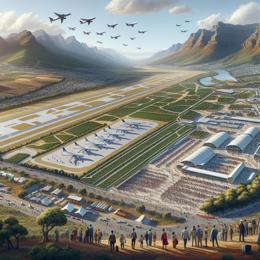Image: AI generated for illustration purposes
Cape Winelands Airport Embarks on R7 Billion Expansion to Boost Cape Town's Aviation Capacity
Cape Winelands Airport, a once military-owned airfield, is projected to soar to new heights with a comprehensive R7 billion redevelopment plan geared towards bolstering the region's commercial aviation capabilities. The promising expansion is not merely a facelift but rather a strategic enhancement of infrastructure that anticipates significant ripple effects across various sectors.
Strategically situated 13 kilometers northeast of Durbanville, the airport occupies a 150-hectare site that places it at the heart of the Cape Town aviation catchment area. Understanding its historical context is crucial, as it emphasizes the airport's evolution. Built in 1943, the airport carried a military pedigree, evidenced by its original purpose of housing Lockheed Ventura bombers. Its transformation from the Fisantekraal Airfield into a privately-owned entity in 1993 marked the beginning of its departure from military orientation.
The current custodian, Cape Winelands Aero, acquired the property in November 2020. With private investors, including Rob Hersov, instilling confidence, and Fly Africa representing the airport's commercial interests, there's an undeniable synergy propelling the project.
The redevelopment blueprint is ambitious, with environmentally favorable overtones. At the helm is the realignment and expansion of the primary runway to an impressive 3,500 meters, positioning the airport to handle international traffic. Current facilities, including four runways of limited length, are slated for overhaul to meet the scope of the expansion.
The asset's potential extends beyond aviation; envisaged plans include the construction of a passenger terminal with an annual capacity of 5.2 million passengers, a hotel, cargo terminals, hangars, a heliport, and logistic facilities. These, combined with commercial real estate ventures, undergird the broader vision of catalyzing regional economic prosperity and supporting local communities.
The developers are seizing an opportunity to turn the airport into a nexus of sustainability and technological innovation within the global aviation sector. This transformation holds massive promise for the region, with anticipated reductions in airline fuel costs and emissions, enhanced air travel business cases, and bolstered economic growth. Additionally, it serves as a strategic complement to Cape Town International Airport, enhancing operational capacity and reducing systemic inefficiencies.
By leveraging its proximity to the international airport, Cape Winelands Airport is strategically positioned to offer airlines an alternate diversion airport. This could significantly mitigate the fuel-carry-on needs for long-haul flights, subsequently diminishing fuel burdens by up to 10,000 kilograms per flight — a notable step towards a greener aviation footprint.
However, for future stakeholders, caution must be exercised. Information provided herein serves as a mere pulse of the evolving landscape, neither an investment entreaty nor solicitation. One must consult professional counsel before undertaking investment decisions.
The redevelopment timeline remains unspecified, but when complete, the Cape Winelands Airport is set to unleash a suite of benefits — economic, operational, and social — that reach well into the fabric of the Western Cape's burgeoning economy and its sustainable future.

